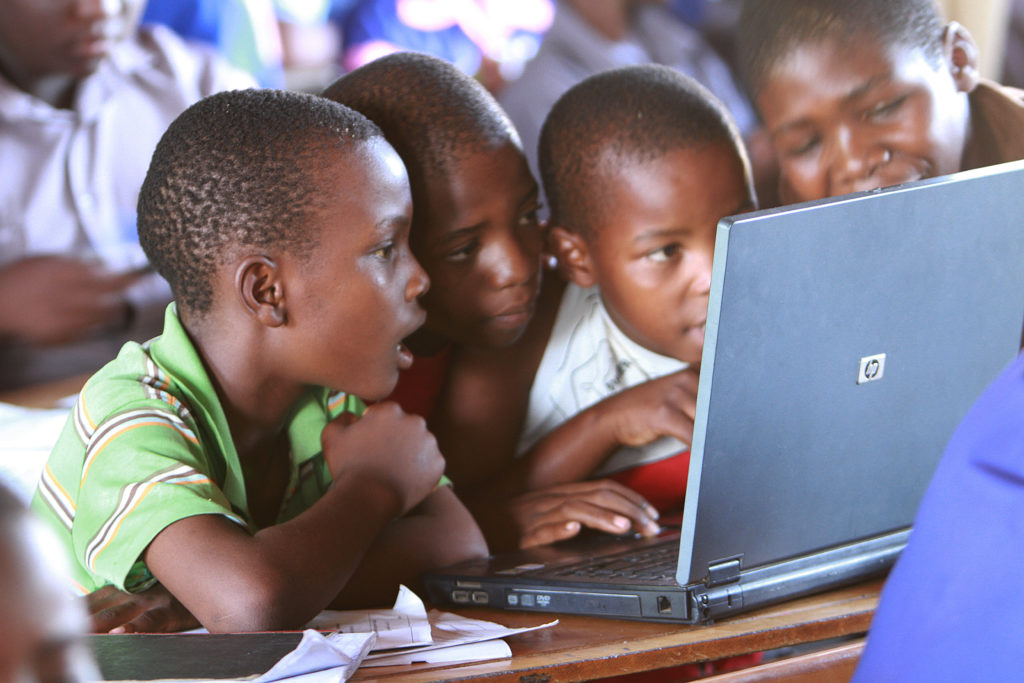Today, the Broadband Commission is proud to launch its latest report that aims to address the issue of school connectivity and learners' empowerment.
Having access to the Internet was never as important as it is now. The COVID-19 pandemic showed us how connectivity is essential for us to work, to communicate and to learn. Yet, ten years ahead of delivering on the promise of “Leaving no one behind”, 3,6 billion people still have no access to the Internet and 250 million children are still out of school. Equally concerning, is the fact that we still do not know for certain, how many schools are there in the world, where are they located, whether they have access to the Internet and what is the quality of that connectivity. Education, the Internet and broadband technologies have a tremendous potential to help achieve the targets established in the 2030 Agenda for Sustainable Development; however, in the ten years window that we have left, there is still work to do to provide humanity, and especially children and young people, with safe and secure access to the Internet, and with the digital skills they need to learn and improve their lives.
The Broadband Commission stands behind the cause of school connectivity and since 2019, it has been examining the issues faced by many governments when developing and deploying school connectivity initiatives. This analysis has helped to better understand the school connectivity landscape and requirements, to evaluate the benefits of different technologies for different environments, and to analyze business and financial models, as well as suitable content articulating connectivity with quality, safe, and inclusive learning.
The report focuses on school connectivity and introduces a methodology and framework for mapping and connecting primary and secondary schools to the Internet and to use schools as an access point to provide meaningful connectivity to surrounding communities and citizens. In an effort co-chaired by the ITU, UNESCO and UNICEF, the report also seeks to provide input to further Broadband Commission work to achieve the targets for broadband connectivity and adoption, and to motivate the private sector, non-profits, international organizations and the world at large to get engaged and support the cause of school connectivity.
The report also highlights the efforts and approach used by: Giga and UNESCO’s e-schools Initiative; two global initiatives aimed at connecting schools to the Internet and at turning schools into entry points for bringing connectivity to entire communities.
Connecting all schools of the world to the Internet is a very ambitious goal, but the costs and risks of inaction are way higher. School connectivity has the potential to bring in long term returns through economic growth coming from more skilled and knowledgeable populations that create stronger digital economies and empowered communities. Schools need to continue being a safe place where children and youth can gather, grow and learn. Through connectivity, they can also transform itself into hubs of knowledge, prosperity, and sustainable development.
#LearningNeverStops #DigitalLearning #GigaConnect #BBCom @gigaglobal @BBCom

